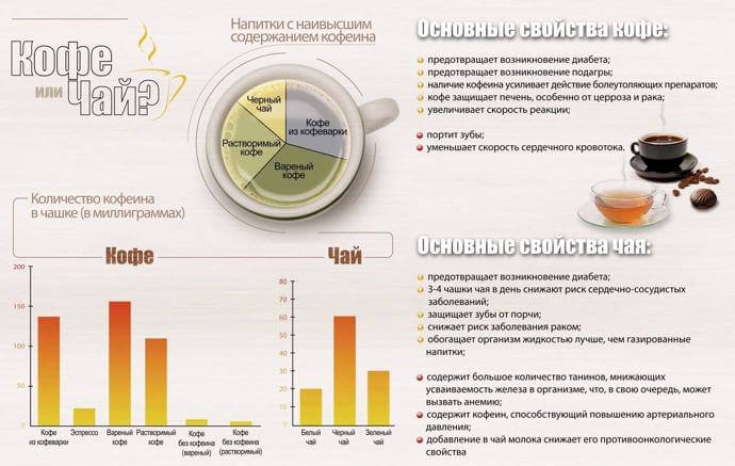Coffee – one of the most popular drinks in the world. Drinking coffee can slightly constrict blood vessels, increase the production of adrenaline, norepinephrine, renin and increase myocardial sensitivity to calcium, which can affect the heart rhythm. Many scientists associate these facts with the risk of developing heart rhythm disturbances.
Find out in the article on estet-portal.com how harmful frequent coffee intake is and how coffee consumption and pathology of the cardiovascular system are connected .
- Coffee consumption and risk factors for atrial fibrillation
- Coffee Frequency Study
- Study results on the frequency of coffee consumption and CVD
Coffee consumption and risk factors for atrial fibrillation
Atrial fibrillation (AF) is one of the most common types of arrhythmias, and its frequency has increased significantly over the past few years. According to the Centers for Disease Control and Prevention = 2% of people aged 65 years and 9% of people over 65 years of age live with AF and more than 750,000 hospitalizations and 130,000 deaths are associated with the consequences of this disease annually in
Follow us on Instagram!
AF incidence and associated mortality remain high despite advances in treatment with this disease. Many risk factors have been identified in the development of AF, including high blood pressure, diabetes mellitus, heart failure, obesity, hyperthyroidism and coronary heart disease. However, only a few studies have examined the role of dietary habits in the development of AF. Coffee is one of the staple drinks in the US, and its consumption has grown significantly in recent years.
Which type of obesity is the most dangerous?
Some large studies have evaluated the association between coffee consumption and the risk of AF, with conflicting results.  Comprehensive Study Results The Northern California Comprehensive Health Care Study reported a lower rate of AF-related hospitalizations among people who drank about 4 cups of coffee per day. In addition, the Danish Diet Cancer and Health Study also found a lower risk of developing AF among people who consumed 6 to 7 cups of coffee
Comprehensive Study Results The Northern California Comprehensive Health Care Study reported a lower rate of AF-related hospitalizations among people who drank about 4 cups of coffee per day. In addition, the Danish Diet Cancer and Health Study also found a lower risk of developing AF among people who consumed 6 to 7 cups of coffee
per day.
Coffee Frequency Study
Contrary to these results, a 25-year study by Swedish scientists that included 7495 people found a 24% increased risk of developing AF in people who drank 1 to 4 cups of coffee per day compared to participants who did not drink coffee. The Women's Health Study also showed a 36% higher risk of developing AF in women with 2 to 3 cups of caffeinated coffee per day. Given the widespread consumption of coffee around the world and the controversial relationship between coffee and the development of AF, American scientists sought to investigate whether coffee consumption increases the risk of developing AF.
How to prevent severe vascular complications in patients with diabetes
The incidence of AF

Clinical studies on the effectiveness of
intermittent fasting Results of the study of the frequency of coffee consumption and cardiovascular diseases 18,960 participants were followed up over 9 years, with a mean age of 66.1 years. In just 9 years of follow-up, 2098 new cases of AF were registered. The primary analysis found low rates of AF only among participants who reported drinking 1 to 3 cups of coffee per day. In a secondary analysis, researchers did not find a significant association between caffeine intake with food and the risk of developing AF. Moderate coffee consumption every day prevents the development of heart rhythm disturbances
In a prospective, long-term cohort study, researchers found a low incidence of AF among men who drank 1 to 3 cups of coffee per day. Coffee contains caffeine, diterpenes, and high amounts of antioxidants, including polyphenols, cafestol, trigonelin, chlorogenic acid, and quinine, which may reduce the risk of cardiovascular events through an anti-inflammatory effect.
The secret of longevity: control of thyroid hormones







Add a comment